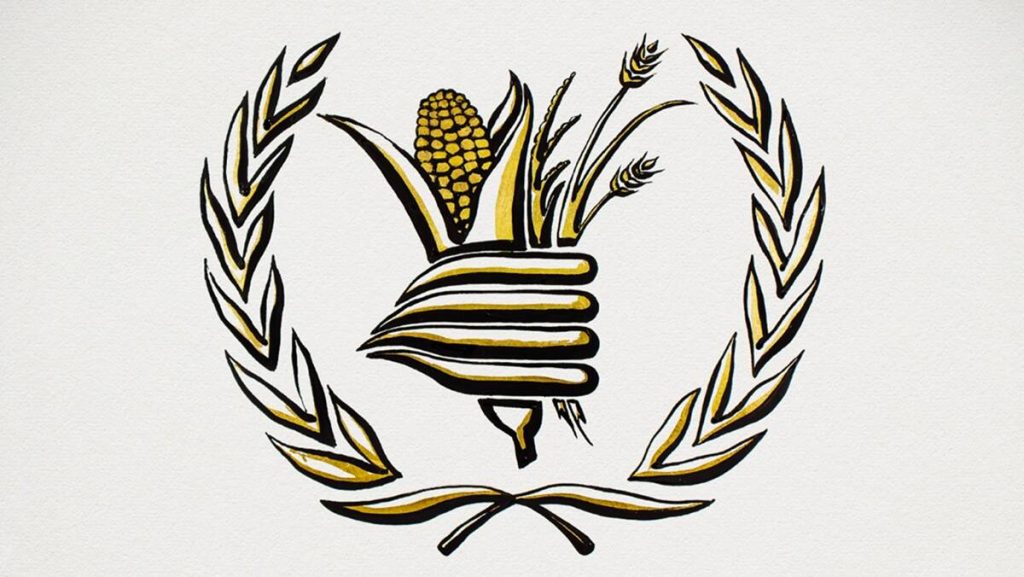10/10/2020

Susana Borràs, researcher at the Center for Studies in Environmental Law and member of the Office for Social Engagement (URV)
Feeding peace
The United Nations World Food Program (WFP) has won the Nobel Peace Prize 2020 for its efforts to fight hunger in the world and especially in conflict zones, “avoiding the use of hunger as the weapon of war"

The United Nations World Food Program (WFP) has won the Nobel Peace Prize 2020 for its efforts to fight hunger in the world and especially in conflict zones, “avoiding the use of hunger as the weapon of war"
The awarding of the Nobel Peace Prize to the World Food Programme of the United Nations is highly important because it comes at a critical time.
Hunger is one the forgotten, silent emergencies, despite being present in lives of millions of people. Currently some 820 million people in the world are malnourished, with 100 million being in a situation of extreme food insecurity. Last year 135 million people were in an extreme food insecurity situation, the highest figure in recent years. The situation is especially alarming in Africa, but it is also serious in Asia and Latin America. And the most worrying thing is that by the end of this year this figure will rise to 250 million most likely due to COVID-19, which has had a bad effect on the World Health Organization’s objective of eradicating hunger, food insecurity and malnutrition by 2030 (ODS2: Zero Hunger).
The food insecurity emergency is not a distant problem. In fact the pandemic has revealed the true cost of social inequality. Although malnutrition is linked to poverty, it can also be found in rich countries, as can undernourishment and poverty-linked obesity, due to people lacking sufficient resources to access healthy foods, which instead are replaced by cheap foods that are high in sugar, salt and fat. In addition to all of this is the problem of food waste.
Access to sufficient food is a fundamental human right that ensures life and is stipulated in the Universal Declaration of Human Rights (1948). The right to food means the right to have regular, permanent and ready access, either directly or by purchase, to food that is sufficient in both quality and quantity, in accordance with cultural traditions, thus ensuring an individual and collective mental and physical life that is satisfactory and dignified. This means that States are obliged to provide the resources and tools needed to ensure the production, acquisition and purchase of sufficient food. In this regard, it is important to state that the right to food is not just the right “to be fed”, but rather the right to be fed in a manner that respects the dignity of the individual, whereby they can produce or buy food, satisfying their needs through their own efforts or resources. And when populations cannot feed themselves, for example due to armed conflict or a natural disaster, then the State must supply food directly.
Food insecurity is not the result of misfortune, rather it has its roots in factors that can generate extreme food insecurity, including conflicts, climate change, environmental degradation, poverty and very often all of these work together strike a blow against the right to food of millions of people. The most serious episode was in 2007 and 2008 when there was a major food crisis due to speculation on the financial markets along with abuses by multinationals in the food industry. This reduced the food sovereignty and security of many people, who were pushed into poverty by the mass appropriation of land and natural resources. Hunger also generates many conflicts. Scarcity of resources increases competition and rivalry, often putting more pressure on simmering conflicts.
The awarding of the Nobel Peace Prize to the World Food Programme helps to raise the profile of another emergency, to prevent the use of hunger as a weapon and above all to highlight the role of “peace builders” who bring food to millions of people.
More news about: Nobel prizes, Opinion
